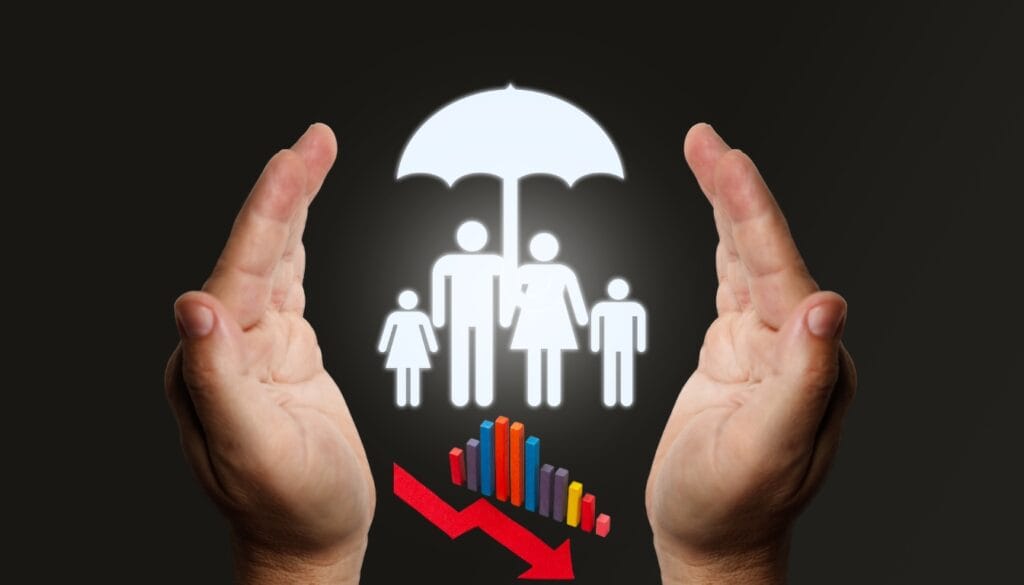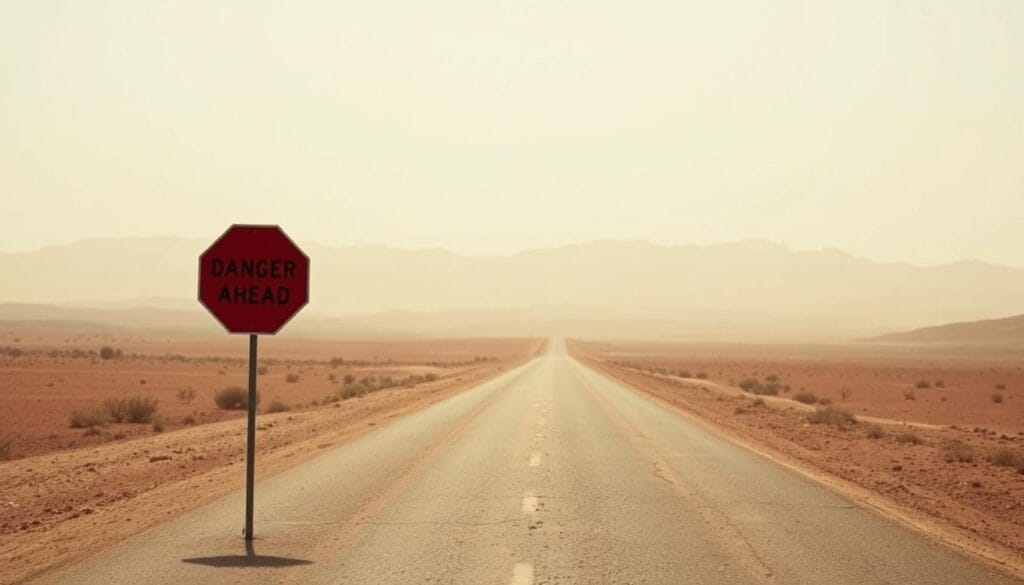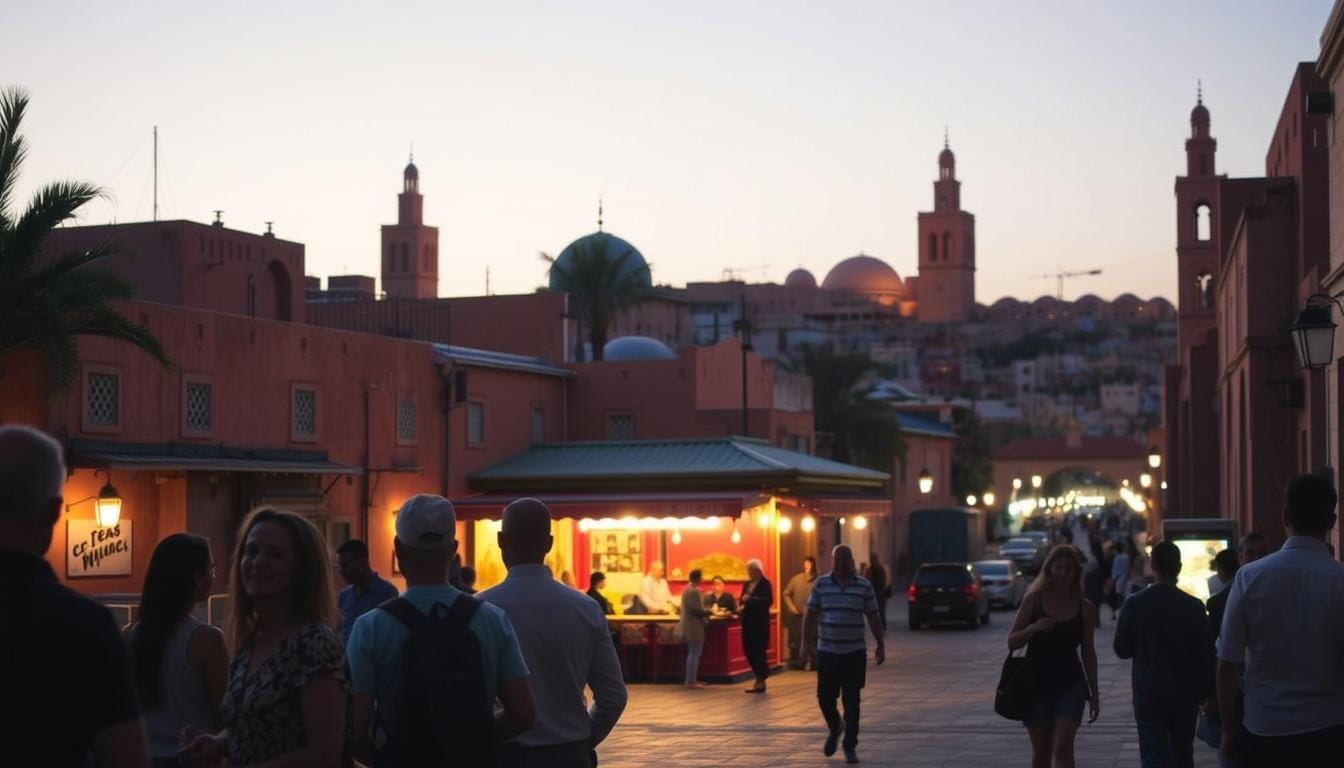Is Morocco Safe to Visit in 2025? What Travelers Should Know
Is Morocco Safe to Visit in 2025, safety is likely one of your primary concerns. Morocco has been a popular destination for travelers worldwide, known for its rich culture, vibrant cities, and stunning landscapes.
Like any other country, it’s essential to be aware of the current safety landscape to ensure a smooth and enjoyable journey. Understanding the safety situation will help you navigate Morocco with confidence.
Is Morocco Safe to Visit in 2025: Key Takeaways
- Morocco’s overall safety record for tourists.
- Regional safety variations within the country.
- Tips for staying safe while traveling in Morocco.
- Common safety concerns for tourists.
- Government travel advisories for Morocco.
Table of Contents
ToggleUnderstanding Morocco’s Safety Landscape in 2025
As you plan your trip to Morocco in 2025, understanding the safety landscape is crucial for a worry-free journey. Morocco, known for its rich cultural heritage and stunning landscapes, attracts millions of tourists each year. However, like many popular tourist destinations, it faces challenges related to safety and security.
To navigate Morocco safely, it’s essential to be aware of the current crime rates and the safety conditions in popular tourist areas. Petty crimes such as pickpocketing and scams are common in crowded places and tourist hotspots. Being informed about these issues can help you take necessary precautions to minimize risks.
Current Crime Rates
Morocco has seen a fluctuation in crime rates over the years, with petty theft being a significant concern in major cities like Marrakech and Casablanca. According to recent statistics, there has been a slight increase in reported crimes, particularly in areas frequented by tourists. Pickpocketing, bag snatching, and scams are among the most common crimes that tourists may encounter.
It’s crucial to remain vigilant, especially in crowded markets and public transportation. Keeping valuables secure and being cautious of overly friendly strangers can significantly reduce the risk of becoming a victim of petty crime.
Popular Tourist Areas
Tourist areas in Morocco are generally considered safe, with a significant police presence in places like Marrakech’s Medina and the coastal towns. However, it’s still important to exercise caution. Be mindful of your belongings, especially in crowded areas and tourist attractions.
Some areas are considered safer than others, with well-lit and populated zones being preferable. For instance, the main tourist areas in Fez and Rabat are generally safe, but it’s always a good idea to stay informed about local conditions.
“The key to a safe trip is being aware of your surroundings and taking necessary precautions.” – Travel Safety Expert
Cultural Awareness for Safe Travel
When traveling to Morocco, understanding the local culture is key to a safe and enjoyable trip. Morocco is known for its rich cultural heritage, and being aware of the local customs and traditions can significantly enhance your experience.
Respecting Local Customs
Morocco is a conservative country, and dressing modestly is highly advised. Women should consider covering their shoulders and knees as a sign of respect. Additionally, public displays of affection are generally frowned upon.
- Dress modestly, covering shoulders and knees.
- Avoid public displays of affection.
- Remove your shoes before entering mosques or homes.
Understanding and respecting these customs not only helps you avoid unintended offense but also enriches your interaction with the local community.
Language Considerations
While many Moroccans speak some English, especially in tourist areas, learning a few basic phrases in Arabic or French can greatly enhance your experience. Simple greetings like “As-salamu alaykum” (peace be upon you) or “Bonjour” (good day) can go a long way in making your interactions smoother.
- Learn basic Arabic or French phrases.
- Use translation apps to help with more complex conversations.
- Be patient and respectful when communicating.
By showing an effort to communicate in the local language, you demonstrate respect for the culture, which can lead to more positive interactions with the locals.
Transportation Safety in Morocco
As you plan your trip to Morocco, it’s essential to familiarize yourself with the local transportation options and their safety considerations. Morocco’s transportation network is diverse, ranging from modern trains to traditional taxis and buses, each with its own set of safety guidelines to follow.
Navigating Cities and Towns
Navigating Morocco’s cities and towns can be challenging due to crowded streets and varying traffic rules. When moving around, opt for licensed taxis or ride-sharing services, which are generally safer than hailing taxis on the street.
For a smoother experience, consider the following tips:
- Always agree on the fare before starting your journey.
- Use a metered taxi when possible.
- Avoid traveling alone at night.
Tips for Using Public Transport
Public transportation in Morocco includes buses and trains, which are affordable and relatively safe. However, be mindful of your belongings, especially in crowded areas.
Here are some key safety tips for using public transport:
| Mode of Transport | Safety Tips |
|---|---|
| Trains | Keep your luggage close, especially during peak hours. |
| Buses | Be cautious of pickpocketing in crowded buses. |
| Taxis | Ensure the driver uses the meter or agree on a fare beforehand. |
When using public transport, it’s also a good idea to stay informed about local conditions and plan your route in advance to minimize risks.

Natural Disasters and Health Risks
As you plan your trip to Morocco, it’s crucial to be aware of the potential natural disasters and health risks. Morocco is located in a seismically active region, and there are various health concerns that travelers should be prepared for.
Earthquake Preparedness
Morocco is prone to earthquakes due to its location near the boundary between the Eurasian and African tectonic plates. To ensure your safety:
- Familiarize yourself with evacuation procedures and emergency exit routes in your accommodation.
- Practice earthquake drills to know how to react during an earthquake.
- Keep essential items like water, non-perishable food, and a first-aid kit easily accessible.
During an earthquake, stay calm and:
- Drop to the ground and take cover under a sturdy piece of furniture.
- Hold onto the furniture to maintain your cover.
- Stay away from windows, mirrors, and any heavy furniture that could fall.
Common Health Concerns
Travelers to Morocco should be aware of several health concerns, including:
- Heatstroke and dehydration: Stay hydrated by drinking plenty of water, especially during hot summer months.
- Waterborne diseases: Be cautious with food and water consumption. Stick to bottled or filtered water and avoid undercooked food.
- Local health issues: Consult your doctor or a travel clinic about recommended vaccinations before your trip.
By being informed and taking necessary precautions, you can minimize risks and enjoy a safe and healthy trip to Morocco.
Accommodation Safety Tips
Ensuring your safety while traveling in Morocco starts with choosing the right place to stay. Your accommodation can significantly impact your overall experience, making it crucial to select a safe and reputable hotel or hostel.
Choosing Safe Hotels
When selecting a hotel, look for establishments that are well-reviewed and located in safe areas. Researching your hotel beforehand can help you avoid potentially unsafe situations. Consider factors such as the hotel’s proximity to local attractions, its reputation online, and whether it has robust security measures in place.
Key factors to consider when choosing a safe hotel include:
- Positive reviews from multiple sources
- Clear security policies
- Well-lit and monitored surroundings
- 24-hour front desk service
Hostel Dangers to Avoid
Hostels can be a great way to meet other travelers, but they also come with unique safety challenges. To stay safe in a hostel, be mindful of your belongings and consider using lockers or safes provided by the hostel. Be cautious when sharing personal information with fellow travelers, and always follow the hostel’s safety guidelines.
Some common dangers to watch out for in hostels include:
- Theft or loss of personal belongings
- Insecure dorm rooms
- Lack of proper safety measures
By being aware of these potential risks and taking proactive steps, you can minimize your exposure to danger and enjoy a safe and enjoyable stay in Morocco.
Local Laws and Regulations
Understanding Morocco’s local laws is vital for a hassle-free travel experience. Morocco has its own set of laws and regulations that you must adhere to.
Understanding Legal Restrictions
Morocco has strict laws regarding certain behaviors and activities. For instance, public displays of affection are frowned upon, and you should avoid them to prevent any issues with local authorities.
- Photography restrictions: Be mindful of areas where photography is prohibited, such as certain government buildings and military installations.
- Dress code: Dress modestly, especially when visiting mosques or rural areas.
- Respect local customs: Morocco is a conservative country; thus, respecting local traditions is essential.
Penalties for Violations
Violating Moroccan laws can result in severe penalties. Drug trafficking, for example, is punishable by imprisonment or even the death penalty. Other violations, such as public intoxication or disorderly conduct, can also lead to fines or imprisonment.
- Fines: You may face fines for minor infractions, such as littering or violating local customs.
- Imprisonment: More serious offenses can lead to imprisonment, so it’s crucial to be aware of the laws.
To ensure a safe and enjoyable trip, it’s essential to be aware of and comply with Morocco’s local laws and regulations.
Staying Connected During Your Trip
With the right information, you can stay connected and safe while exploring Morocco’s vibrant cities and landscapes. Staying connected during your trip is vital for navigating unfamiliar areas, staying in touch with family and friends, and accessing important travel information.
Mobile and Internet Access
Morocco has made significant strides in telecommunications, offering widespread mobile and internet coverage. You can easily purchase a local SIM card or rent a portable Wi-Fi hotspot at major airports and cities. Many cafes, restaurants, and hotels also offer free Wi-Fi, making it convenient to stay online.
Tips for Mobile and Internet Access:
- Check with your phone provider about international roaming rates and plans.
- Consider purchasing a local SIM card for cheaper data and call rates.
- Use secure networks and avoid accessing sensitive information on public Wi-Fi.
Emergency Contact Information
In case of an emergency, it’s crucial to have the right contact information. Morocco has designated emergency numbers similar to those in other countries. Make sure to save these numbers in your phone or keep them handy.
Key Emergency Contacts:
- Police: 190
- Fire Department: 15
- Ambulance: 15
- Tourist Police: Contact information can be found at your local tourist information office.
Additionally, register with your country’s travel advisory department to receive important safety and security updates about Morocco.
Best Practices for Solo Travelers
Solo travel in Morocco can be incredibly rewarding, but it’s essential to take certain precautions to ensure your safety. As a solo traveler, you’ll want to be mindful of your surroundings and take steps to protect yourself, especially in crowded areas or at night.
Safety Tips for Solo Female Travelers
For solo female travelers, Morocco can present unique challenges. However, with some preparation and awareness, you can have a safe and enjoyable trip. Here are some key tips:
- Dress modestly to respect local customs and avoid unwanted attention.
- Avoid traveling alone at night; use reputable taxi services or ride-sharing apps instead.
- Stay informed about local conditions and demonstrations that could affect your safety.
As Nadia, a seasoned traveler, once said, “The key to solo female travel in Morocco is being aware of your surroundings and trusting your instincts. Don’t be afraid to say no or step away from uncomfortable situations.” This advice is invaluable for anyone traveling alone in Morocco.
Connecting with Other Travelers
One of the best ways to enhance your safety and experience as a solo traveler is by connecting with other travelers. Morocco has a thriving solo travel community, with many opportunities to meet fellow adventurers.
- Join group tours or social events at your accommodation to meet other travelers.
- Use social media or travel apps to connect with other solo travelers in the area.
- Consider staying in hostels or guesthouses that are known for their social atmosphere.
By taking these steps, you can not only enhance your safety but also enrich your travel experience by sharing it with like-minded individuals.
Areas to Avoid While Traveling
When traveling to Morocco, it’s essential to know which areas to avoid for a safe and enjoyable trip. While Morocco is generally considered safe, there are certain regions and neighborhoods that travelers should be cautious about or avoid altogether.
Regions with Travel Advisories
Some regions in Morocco have travel advisories due to various safety concerns. For instance, areas near the Western Sahara border are often subject to travel restrictions. It’s crucial to check the latest travel advisories from your government before planning your trip.
- The Western Sahara region
- Areas near the Algerian border
- Certain neighborhoods in larger cities like Casablanca and Marrakech

Neighborhood Safety
Neighborhood safety can vary significantly in Moroccan cities. Some areas are considered safer than others, especially at night. For example, in Marrakech, the Medina (old city) is generally safe, but it’s advisable to avoid walking alone in dimly lit alleys.
Tips for Neighborhood Safety:
- Stay informed about local conditions
- Avoid traveling alone at night
- Use reputable taxi services or ride-sharing apps
By being aware of the areas to avoid and taking necessary precautions, you can have a safe and enjoyable trip to Morocco.
Engaging with Local Communities
As you explore Morocco, interacting with local communities can significantly enrich your travel experience. By doing so, you not only enhance your safety but also contribute to the local economy and environment.
Finding Trusted Guides
One of the best ways to engage with local communities is by finding trusted guides. These guides can provide valuable insights into Moroccan culture, history, and customs, ensuring that your experience is both safe and enjoyable. When selecting a guide, look for individuals who are certified and have good reputations among tourists.
Tips for Finding Trusted Guides:
- Check for official certification from Moroccan tourism authorities.
- Read reviews and ask for recommendations from fellow travelers.
- Ensure they are knowledgeable about the areas you plan to visit.
Sustainable Tourism Practices
Adopting sustainable tourism practices is crucial for minimizing your impact on the environment and local communities. This includes respecting local customs, reducing waste, and supporting local businesses.
| Sustainable Practice | Benefit |
|---|---|
| Supporting local artisans | Preserves traditional crafts and boosts local economy |
| Reducing plastic use | Minimizes environmental pollution |
| Respecting local customs | Enhances cultural understanding and respect |
By engaging with local communities and adopting sustainable tourism practices, you can have a more authentic and safe travel experience in Morocco.
Conclusion: Is Morocco Safe for Your Adventure?
As you plan your trip to Morocco, understanding the safety landscape is crucial. With a crime rate comparable to other popular tourist destinations, Morocco can be a safe haven for travelers who are aware of their surroundings and take necessary precautions.
Safety Essentials
To ensure a smooth journey, stay informed about local customs, respect cultural norms, and be mindful of your belongings, especially in crowded areas. By doing so, you can minimize risks and enjoy the rich experiences Morocco has to offer.
Pre-Trip Preparations
Before embarking on your adventure, research your accommodations, familiarize yourself with local laws, and stay up-to-date with the latest travel advisories. With the right preparation, you can have a safe and enjoyable trip to Morocco. So, is Morocco safe for tourists? With caution and awareness, the answer is yes.
By being informed and prepared, you can explore Morocco’s vibrant cities, stunning landscapes, and rich culture with confidence, making your trip a memorable experience.

